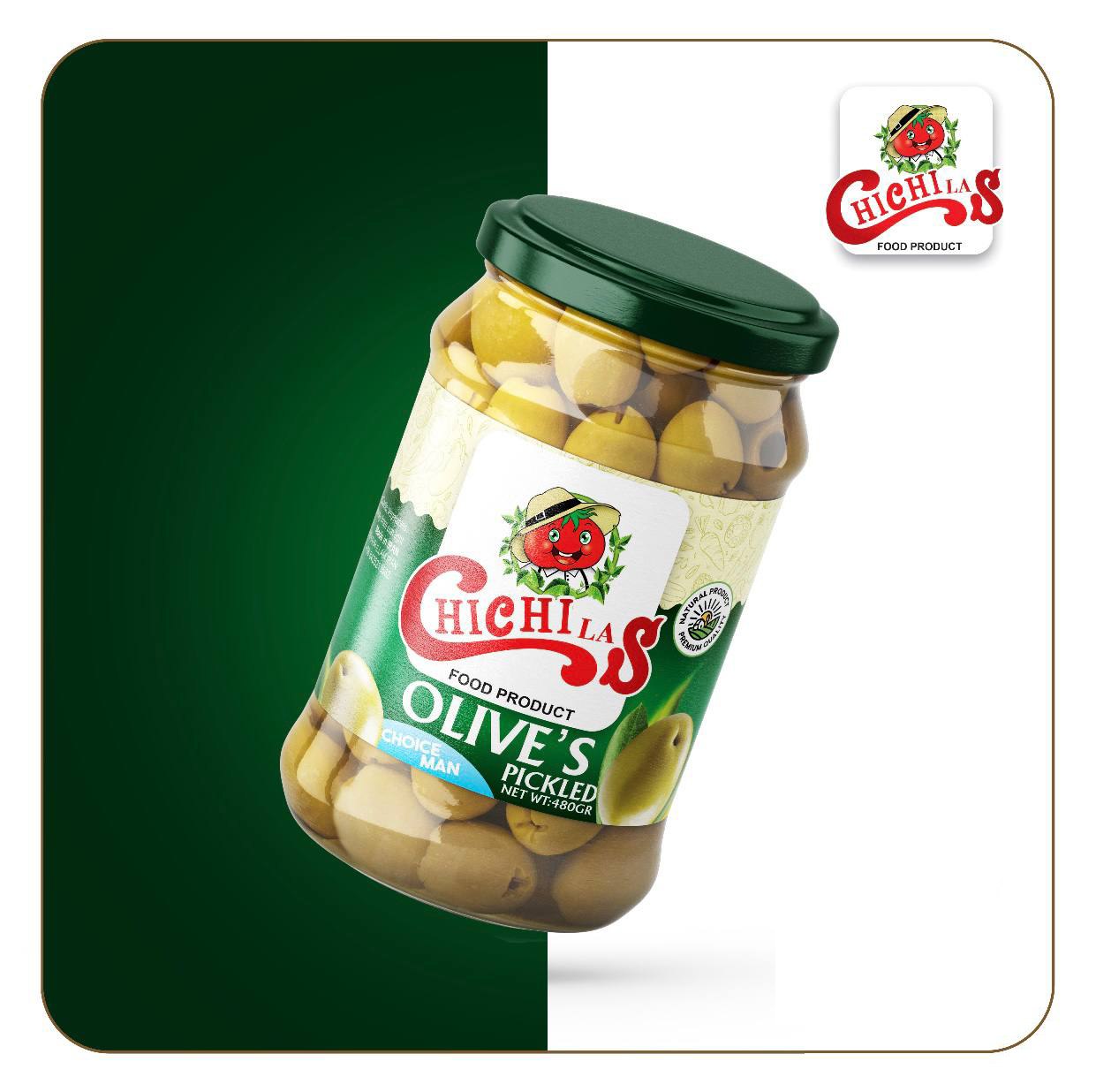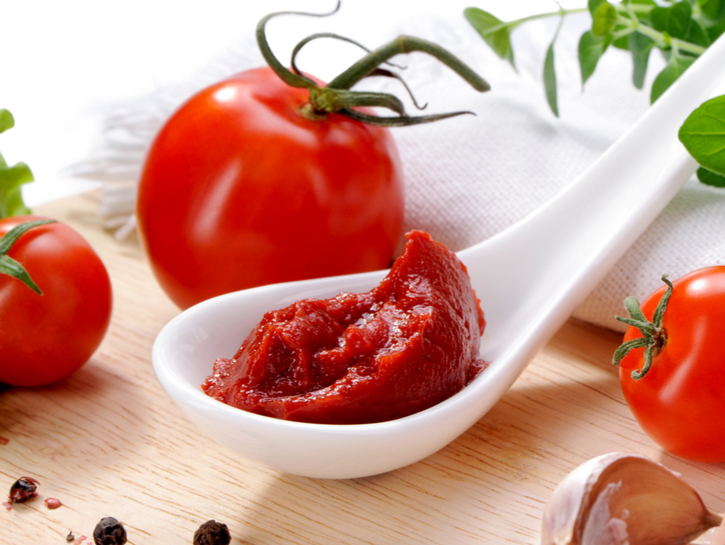7 Reasons Why Olives Are Healthy for You

Tomato paste supplier from Iran
January 9, 2024
Organic tomato paste aseptic chi chi las 245 kg.
January 14, 20247 Reasons Why Olives Are Healthy for You
They’re packed with nutrients like vitamin E, are heart-healthy and keep you feeling full.
Olive oil gets all the heart-healthy buzz. But olives are certainly no slouch. These fruits (yes, they’re a fruit!) top charcuterie boards, garnish martinis and get spread on bread in tapenades. But are olives a healthy snack?
 Are olives healthy?
Are olives healthy?
Olives are a nutritional powerhouse. Although they’re composed mostly of fat, it’s monounsaturated fat, the type known for having health benefits.
“Fat isn’t the enemy,” Peart notes. “Some types of fat, like the fat in olives and olive oil, are actually heart healthy.”
Plus, olives are loaded with other nutrients that are good for you, too, including vitamin E and antioxidants (substances that protect cells from damage).
Regularly eating olives:
1. May improve your heart health
Most healthy eating plans encourage you to use olive oil as your cooking oil of choice. Olive oil also contains oleic acid, which can potentially:
Bump up your good cholesterol.
Decrease high blood pressure.
Noshing on olives can be a good move for your heart, too, as olives also contain oleic acid.
2. Provides you with healthy fats
The much-lauded Mediterranean diet promotes eating healthy fats, including olives, as well as olive oil.
Fat does have more calories than carbohydrates or protein. But when it comes to heart health, Peart says the type of fat you eat is more important than the amount.
“Years ago, there was a trend towards low-fat diets,” she explains. “Yet doctors found that when people reduced their fat intake, they ate more sugary foods. And at the same time, we saw an increase in people with obesity.”
3. Boosts the fiber in your diet
Most Americans don’t get enough fiber in their diets. Olives are a good source of the nutrient, containing 1.5 grams of fiber in about a half cup, says Peart.
Fiber helps:
Maintain good digestion.
Reduce your heart disease risk.
Keep you full for longer.
4. Gives you a healthy dose of vitamin E
Vitamin E is a powerful vitamin. It’s an antioxidant that protects cells from the type of damage that can increase your risk of diseases like cancer and Parkinson’s disease. It also:
Decreases inflammation (irritation and swelling).
Plays a role in preventing atherosclerosis, when arteries harden and narrow.
But taking vitamin E supplements can be dangerous, cautions Peart. “Taking too much vitamin E can cause serious side effects. It’s better to eat vitamin E-rich foods, like olives.”
 5. Makes you feel full after snacking
5. Makes you feel full after snacking
Olives, which have a lot of fat, are a filling snack. That’s because fat takes longer to digest, so it helps make you feel full.
“Olives do what you want a snack to do: They’re good for your health and keep hunger at bay until your next meal,” Peart says.
As long as you eat a small amount of olives, they’re a healthy snack. Ten olives only have about 50 calories.
Olives are a staple of the Mediterranean diet, but also fit into multiple eating patterns. Olives have almost no carbohydrates, making them a good choice for low-carb plans like keto, and are a fine snack for people who follow plant-based diets, too.
And olives offer a variety of flavors. All olives are salty, but some have added spices that give them different flavors. You can also find olives that are stuffed with garlic or red peppers (among other delicacies, too).
6. Could reduce your cancer risk
Olives have phytonutrients, including antioxidants. Research indicates that these antioxidants reduce inflammation, which can damage healthy cells and lead to cancer.
7. Helps manage your blood sugar levels
People eating diets high in monounsaturated fat, like the kind found in olives, tend to have better blood sugar control, says Peart. One study in mice compared the effects of oleic acid (the fat in olives) against palmitate, a saturated fat found in palm oil and butter.
Palmitate was more associated with insulin resistance compared to oleic acid. Insulin resistance is associated with higher blood sugar levels, a precursor of diabetes.
 Do olives and olive oil have the same health benefits?
Do olives and olive oil have the same health benefits?
Olives and olive oil share many healthy properties. Both contain heart-healthy fat and other nutrients like vitamins E and K, as well as some key minerals. They both may help to lower “bad” LDL cholesterol and raise “good” HDL cholesterol.
And olives have the additional benefit of fiber. They’re also filling because they’re a whole food that you eat on their own. In contrast, olive oil is only the fat, and you add it in small amounts to food or use it in cooking.
Contact to us , for buying or selling this product:
General Director: Engineer Ibrahim Paski
Cell Phone Name :+98 912 043 7969
Work phone name :+ 9811 33 30 4007
Fax Name:+98 11 33 30 4007
Email address: foodkov@yahoo.com




